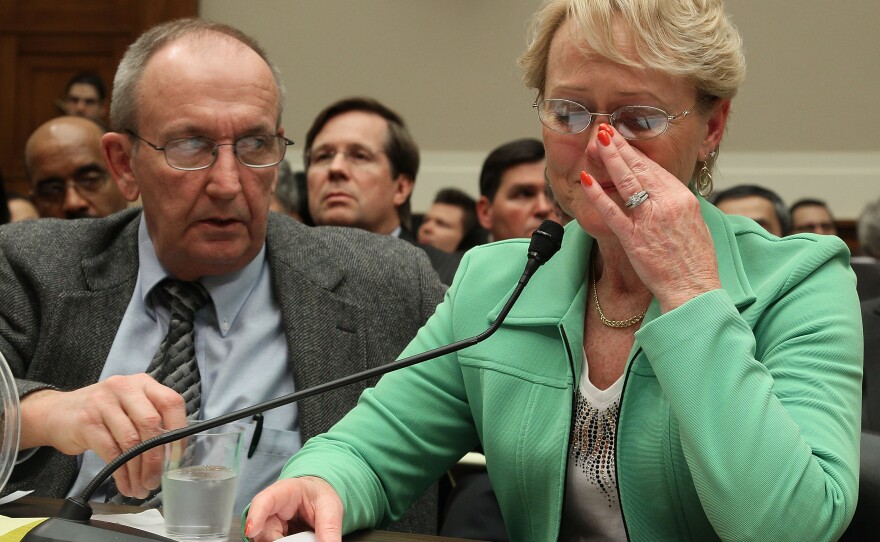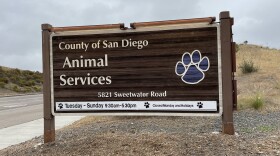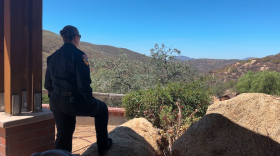A panel of judges will converge in a San Diego federal courtroom this week to hear where the numerous class action lawsuits against Toyota should be held. Outside the public eye, powerful plaintiff’s attorneys are hotly contesting who among them will lead the fight to extract what could be billions of dollars from the Japanese auto giant.
It’s no secret that lead lawyers in successful class action lawsuits collect grand rewards.
“There’s a lot of money involved,” said Arnold Rosenberg, professor at Thomas Jefferson Law School in San Diego. “Legal fees and referrals are the big payoff for the lead counsel.”
So far, Toyota drivers have filed 89 class action lawsuits. Northeastern University law professor Tim Howard says the stakes have never been higher.
“It ranks as the largest automobile class action in the history of American law and the world," said Howard.
The suits claim Toyota knew about the sudden acceleration problems but failed to tell consumers. Others say Toyota’s solution ignores the real problem -- flawed electronics. And some owners want full refunds for their recalled Toyotas. Safety problems with Toyota vehicles have been linked to 36 deaths nationwide.
Howard says ultimate resolution of the cases won’t reach the historic quarter trillion dollar tobacco settlements but it is likely to be two or three billion.“So this will be very significant,” he said.
And that means behind-the-scenes, plaintiff’s attorneys with vast class action experience are striving to be picked to lead the charge against Toyota.
Lawyers are forming alliances with colleagues from past cases. Factions are sprouting. And everyone is working around the clock to stay ahead of their competitors. Howard, who himself is seeking lead counsel status, says the pace has been intense.
“We have dinners. We have all day symposiums. We share ideas. We share emails. We have internal training sessions from highway safety experts. We attend the congressional hearings. We spend time looking at Toyota’s documents. Everything you have to do to be competent counsel to represent your client, we do.”
So what does it take to be lead counsel in a case like Toyota?
“It’s kind of it takes a village mentality,” said New Orleans attorney Richard Arsenault. He's filed lawsuits against Toyota in Missouri, Louisiana and California.
“You’re going to need lawyers with a variety of skills sets. You’re going to need good trial lawyers, good research people. People that understand the science. People that can engage in the motion process…it’s almost like putting together a mini-law firm,” said Arsenault.
Arsenault says he’s investigating several dozen more claims for potential litigation.
“I’m not preoccupied with being lead counsel. I’d like to play a meaningful role in the litigation. It’s an opportunity,” he said.
Arsenault is leading a conference this week in San Diego with mini-tutorials on topics like “Modern Trial Preparation: Proposed Techniques for the Toyota Litigation.”
“At the end of the day, the lawyers can do all the jockeying they like but this is going to be the judge’s call.”
But first the panel of judges meeting in San Diego this week must decide who that judge will be and where the cases will be held.
Meanwhile, Thomas Jefferson Law Professor Arnold Rosenberg says Toyota is quietly positioning itself for the upcoming class actions.
“They’re sending their engineers around to investigate these various automobiles that are in question. They’re starting to build their case that they’re not liable for these problems they’re trying to blame it on driver error.”
Toyota did not return calls seeking comment.






